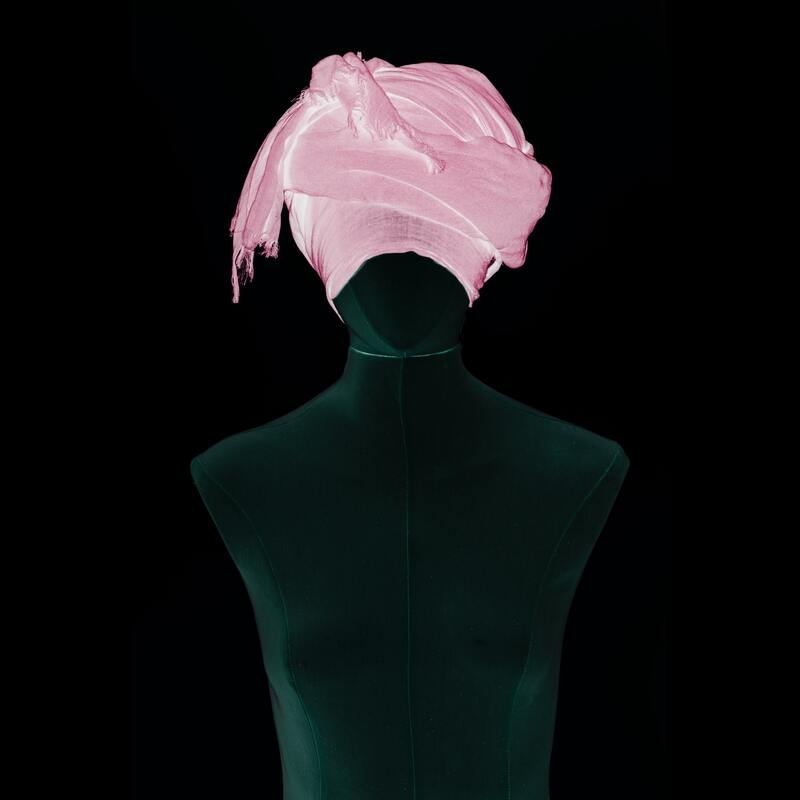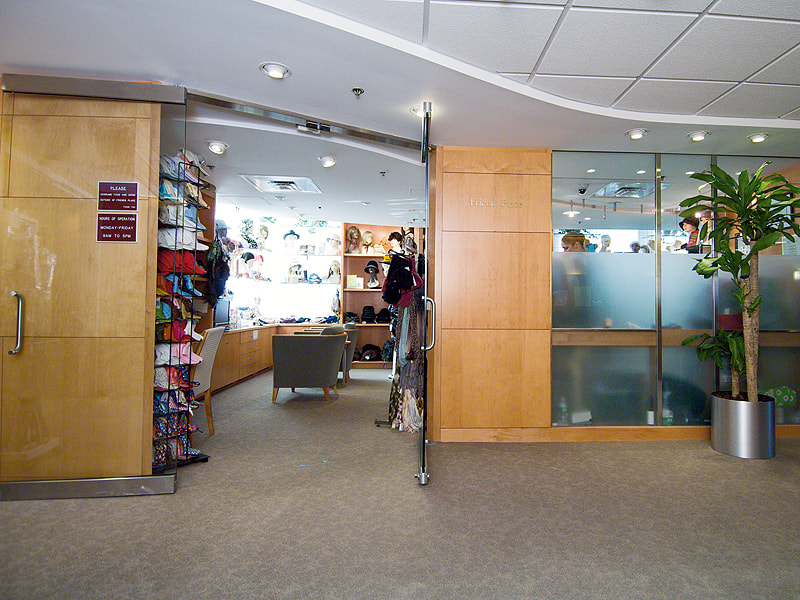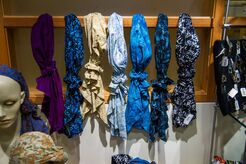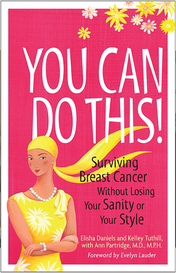Style and Comfort |
Breast cancer treatment often leads to changes in your physical appearance (such as hair loss or breast removal) that may change the way you view yourself. It is normal to feel loss, sadness, and/or stress. However, there are ways to work with these changes to feel more confident.
Even though this process can feel overwhelming, try and remember you are not alone and that it is okay to ask for help. Doctors are great resources to discuss specific questions and issues with. Social workers, support groups, survivors, and local resources are all great systems of support for dealing with changes in your appearance and self-image as well.
|
A quick note about hair loss and head covers
Even though hair loss is a common part of cancer treatment, it can still be difficult to deal with both physically and emotionally. Many patients who feel uncomfortable losing their hair will buy a wig, hat, or scarf to boost their self-confidence. Often, insurance companies will cover the cost of a wig. Most communities also have local wig resources to help find the right fit for you. There are many different styles of head covers so you can find the best options for yourself and your unique style. Chemotherapy can also cause you to lose your eyelashes and eyebrows. Some people find that special makeup techniques and false eyelashes make them feel more like themselves. Watch a video on how to tie a headscarf. |
Friends' Place
|
The compassionate staff at Friends' Place understands that you may experience temporary or permanent appearance changes following cancer care treatment, and will work with you through personalized consultations and fittings to help improve your quality of life.
For more information on beauty techniques for people with cancer, visit Dana-Farber’s Friends' Place webpage. |
External Resources
Wigs
|
Clothing
|
Green Beauty Products
|
|
You Can Do This!
Surviving Breast Cancer Without Losing Your Sanity or Your Style by Elisha Daniels and Kelley Tuthill, ©2009 This is a book written by two women who have “been there, done that” with breast cancer. Elisha Daniels and Kelley Tuthill are seasoned survivors who know how breast cancer can strip you of your sense of self and control you have over your life. They rediscovered their style during treatment in what they call, “survival of the chicest!”. |
©2020 Young and Strong Progam at Dana-Farber Cancer Institute






